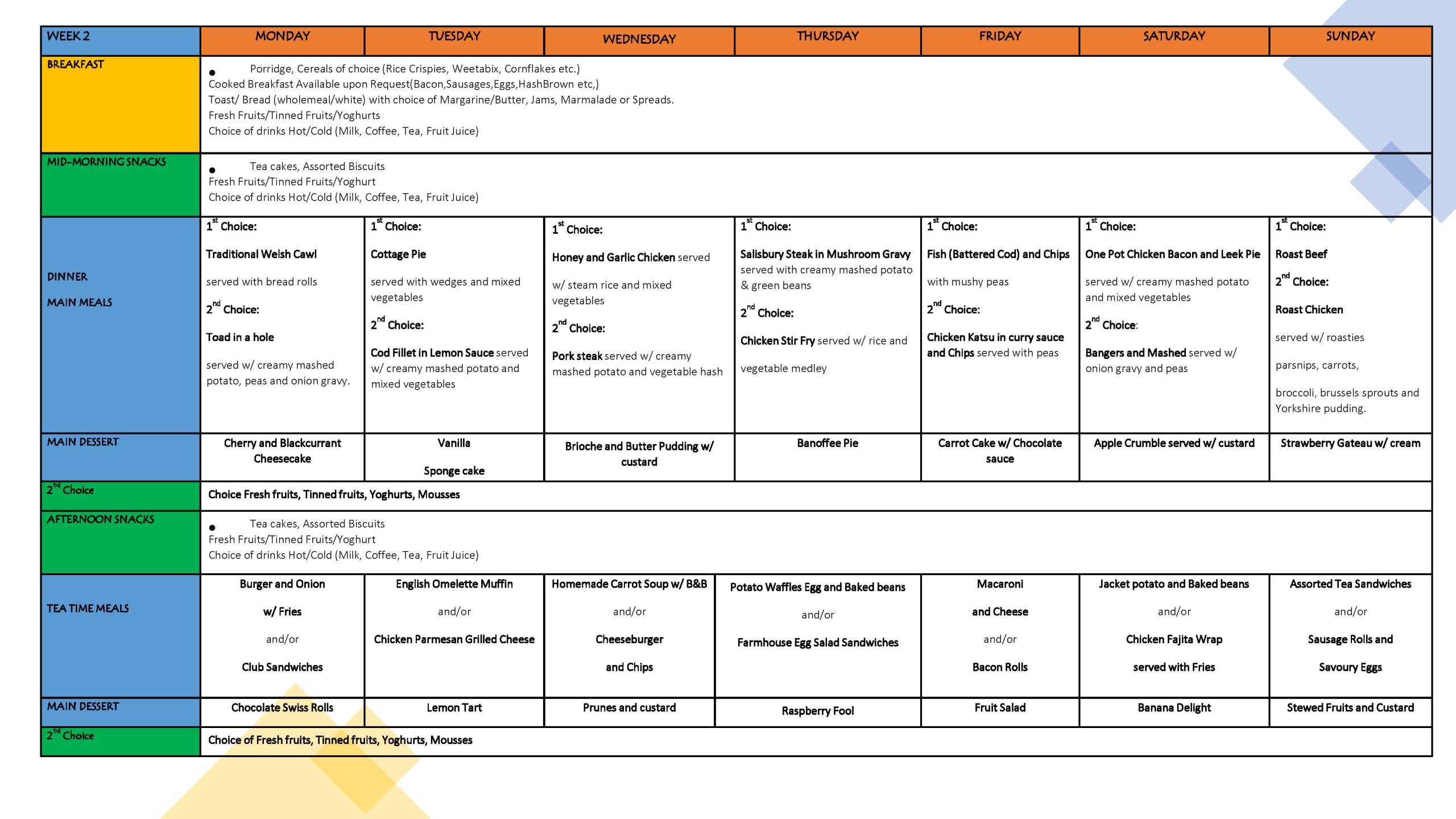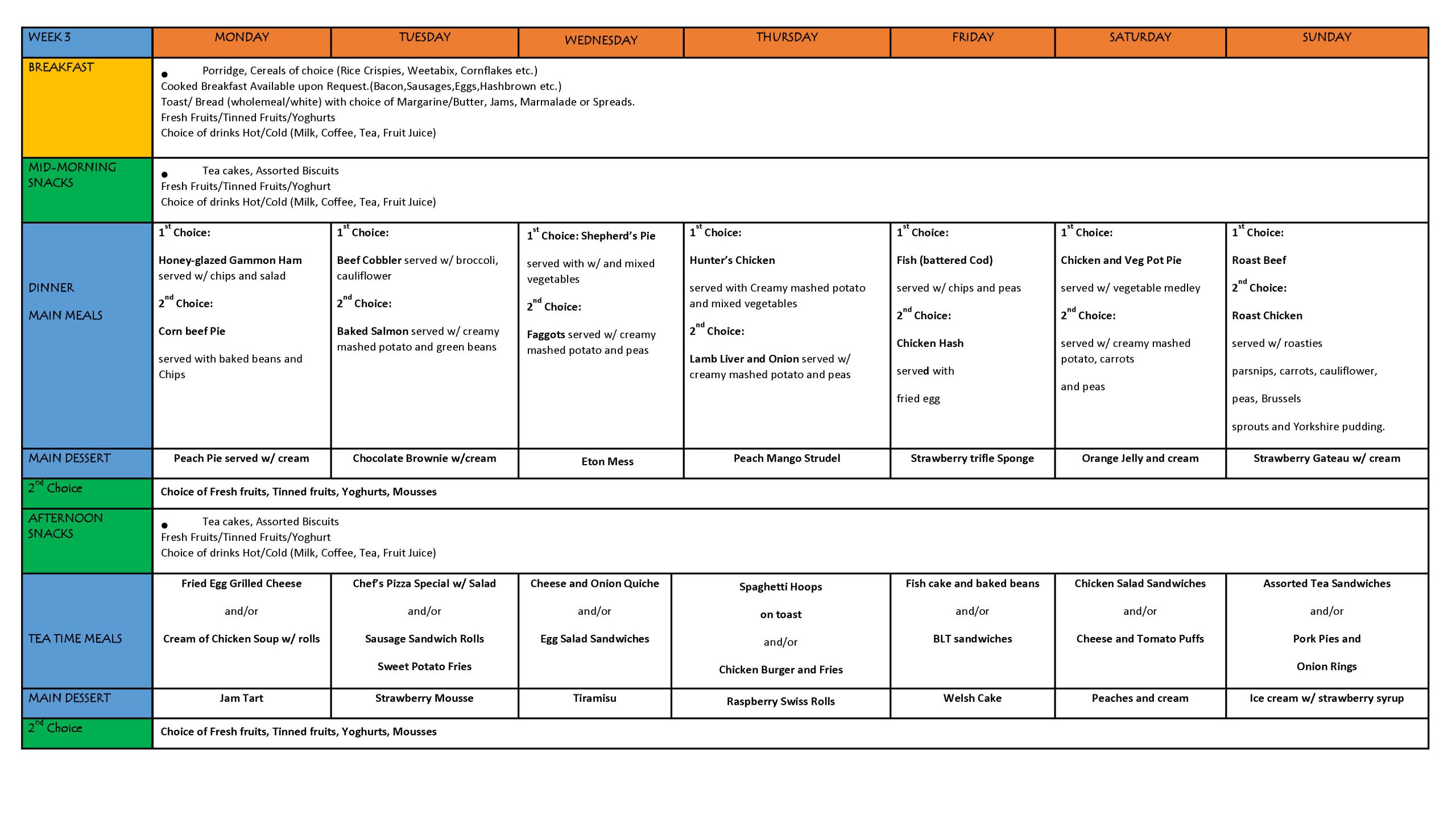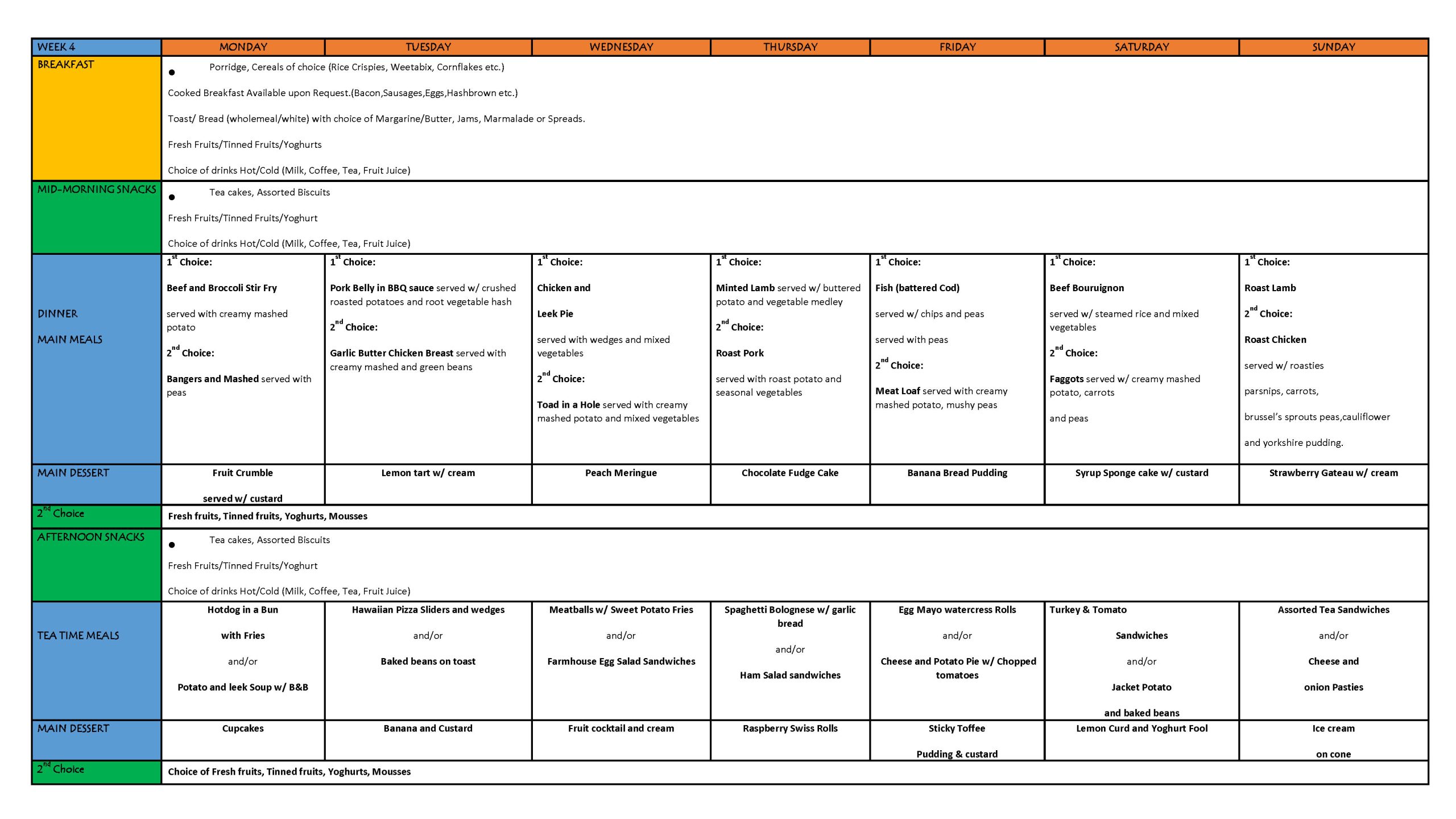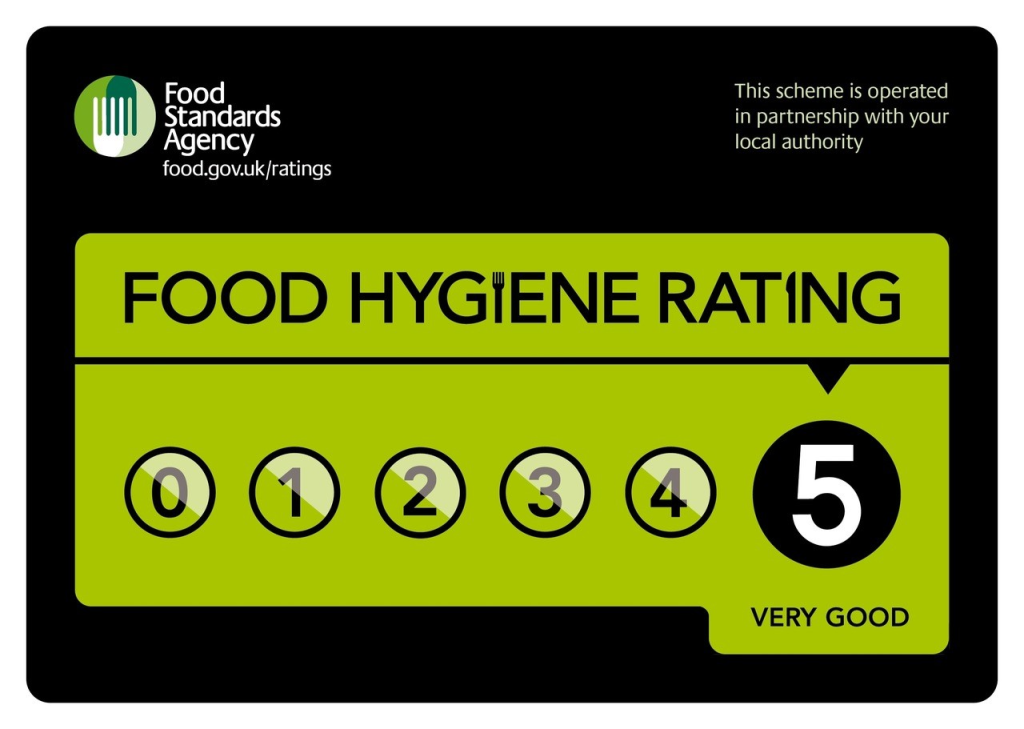Activities
All activities are designed and implemented by our amazing activity coordinators. They personalise activities to ensure that every resident is included.
Fundraising is an important aspect of their role, as well as creativeness and the ability to think outside the box. They’re always working to come up with fun new ideas and networking with local businesses creating a real sense of community.
Physical and mental health are both improved by physical activity. We are passionate that it is the right of each of our residents to have the support to maintain their interests and to have opportunities to develop new ones.
Examples of activities we offer at our Care homes.
• Occupational therapy with music. Numerous studies have shown that music has a positive effect, particularly those suffering from dementia.
• Mobile hairstylist and barber. A little pampering for the residents will boost morale and self-esteem. Residents’ nails can be painted, and their hair can be styled in a variety of ways.
• Special events, because everyone enjoys the excitement of a party! Our events include; wine and cheese days, quiz days, (and along the same lines as music therapy) we offer a karaoke day, ensuring favourite songs from relevant eras are on the set list.
• Afternoon Tea, where we bring out our best white china.
• Local schoolchildren visits. Our homes collaborate with nearby nursery schools and high schools. These collaborations can include children visiting the elderly on a regular basis, both the young and the old benefit from intergenerational interaction.
• Returning to the past. The Social Care Institute for Excellence claims that “Reminiscing is important for the elderly, especially those suffering from dementia.” Dementia usually prevents people from recalling recent memories. As a result, recalling old memories makes a person feel more competent and confident.
• Bingo sessions. Bingo sessions are held weekly.
• Zoo visits. Where residents can interact with animals such as meerkats, etc.
• Cooking classes. Ranging from pies and pasties to sweet desserts.
• Gardening. Potting and planting allow all residents to keep their green thumbs.
• Entertainment. We work with local artist to arrange performances and shows, singing for residents, this includes the forget me not chorus.
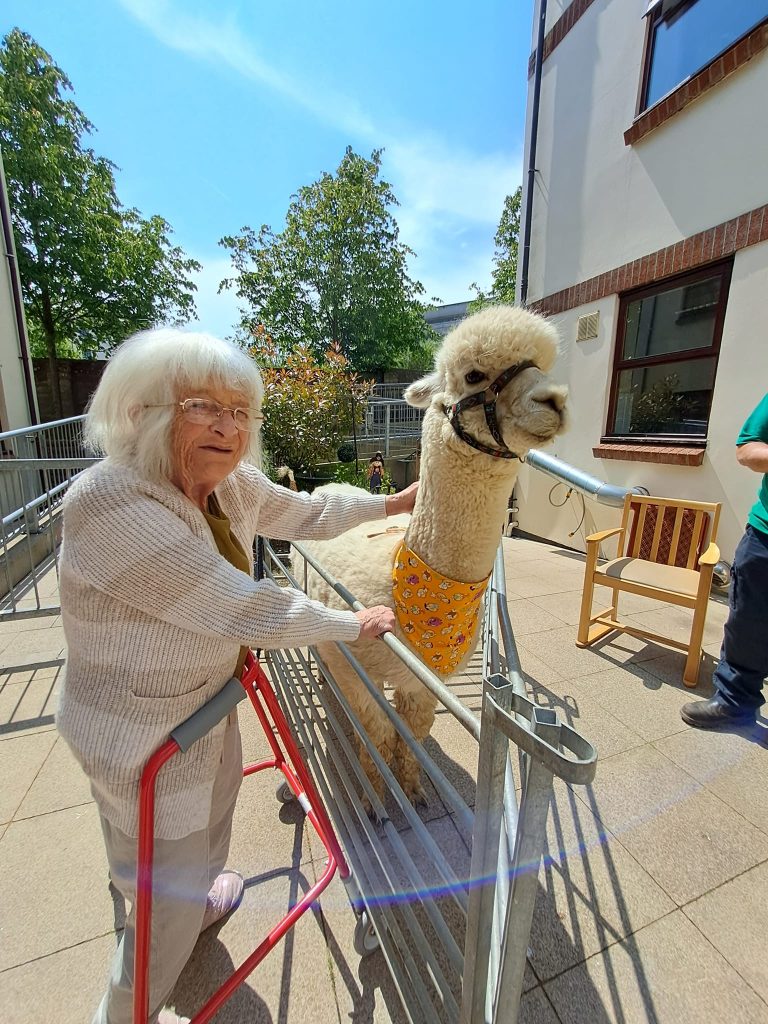
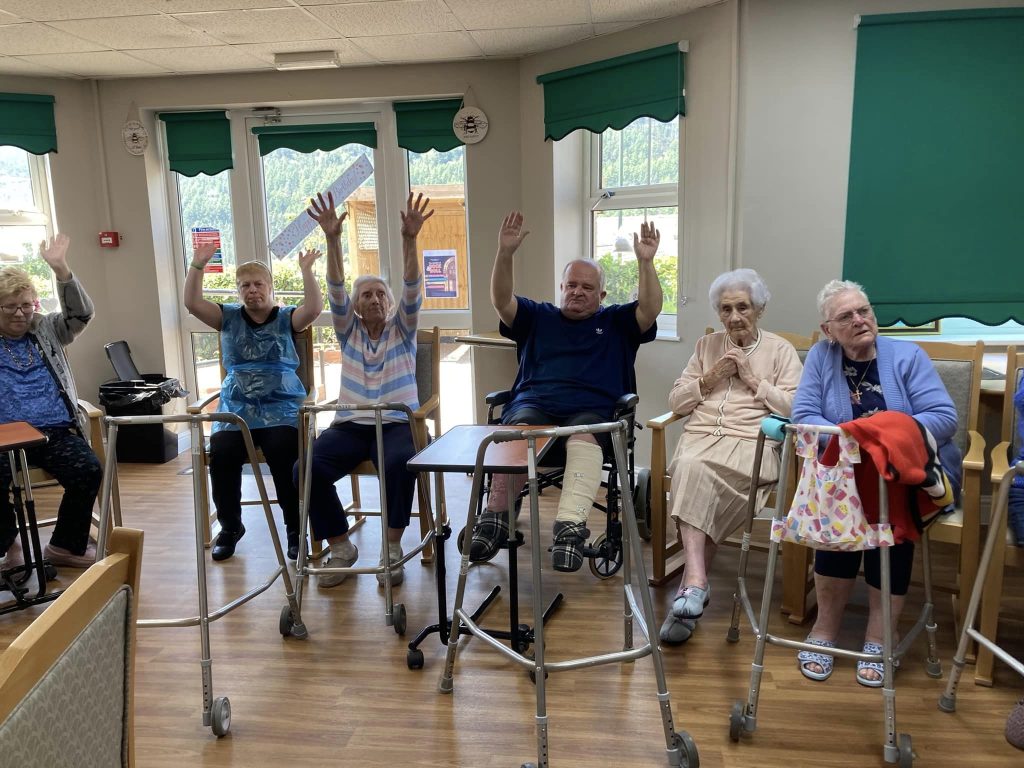
Meal times are a family occasion where everyone gets together to laugh and chat around the dining table.
Meals are always freshly cooked and served to residents preferences. Residents will always have at least two options at meal times and are supported to maintain a healthy diet and fluid intake.
Our menus are discussed in our frequent residents meetings and are planned based on their preferences as well as the changing of the seasons.
Healthy choices are actively supported, as are choices for certain medical conditions such as diabetes and hiatal hernia.
At our homes cooking is a science as well as an art. Our kitchen provides delicious meals ensuring they are suitable for each individual, as we cater for those that required their meals as a ‘soft diet’ and those that require their meals pureed.
Resident’s weight is monitored monthly, where we follow BAPEN guidelines and calculate a resident’s BMI. This information is used to identify those at risk of malnutrition.
For those who are at risk, we follow the ‘All Wales Food Pathway’ and ensure that the food charts compiled by the NHS are completed. A fortified diet will then be provided, ensuring that appropriate snacks and drinks are offered between meal times. We also implement the use of fluid charts to monitor each individual’s fluid intake to reduce the risk of dehydration.
We also work with external agencies such as GP’s, Dentists, Speech and Language Therapists (SALT), etc. For example, on occasions where a resident feels under the weather; we understand when a resident is unwell this can have an impact on their fluid and diet intake. At these times diet and fluid charts will be carefully monitored by our highly trained staff, and where necessary, the guidance of a GP will be sought. The GP may prescribe food supplements, however, if there is still no improvement, we may then request a referral to the community dentist. Another example of these collaborations would be; if we are concerned about a resident’s ability to swallow, we may contact SALT’s. They will work alongside us with recommendations on specialist diets or if a possible thickener may be required to support fluid intake.


